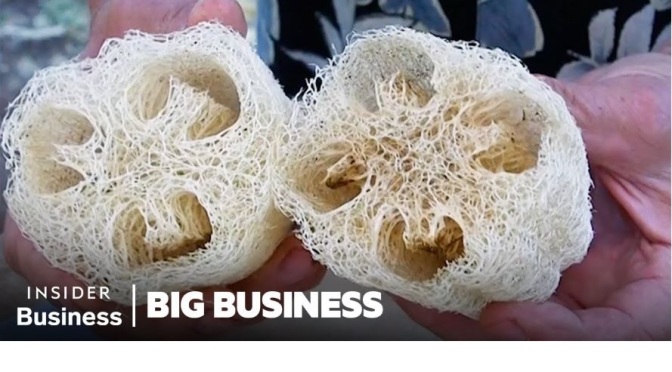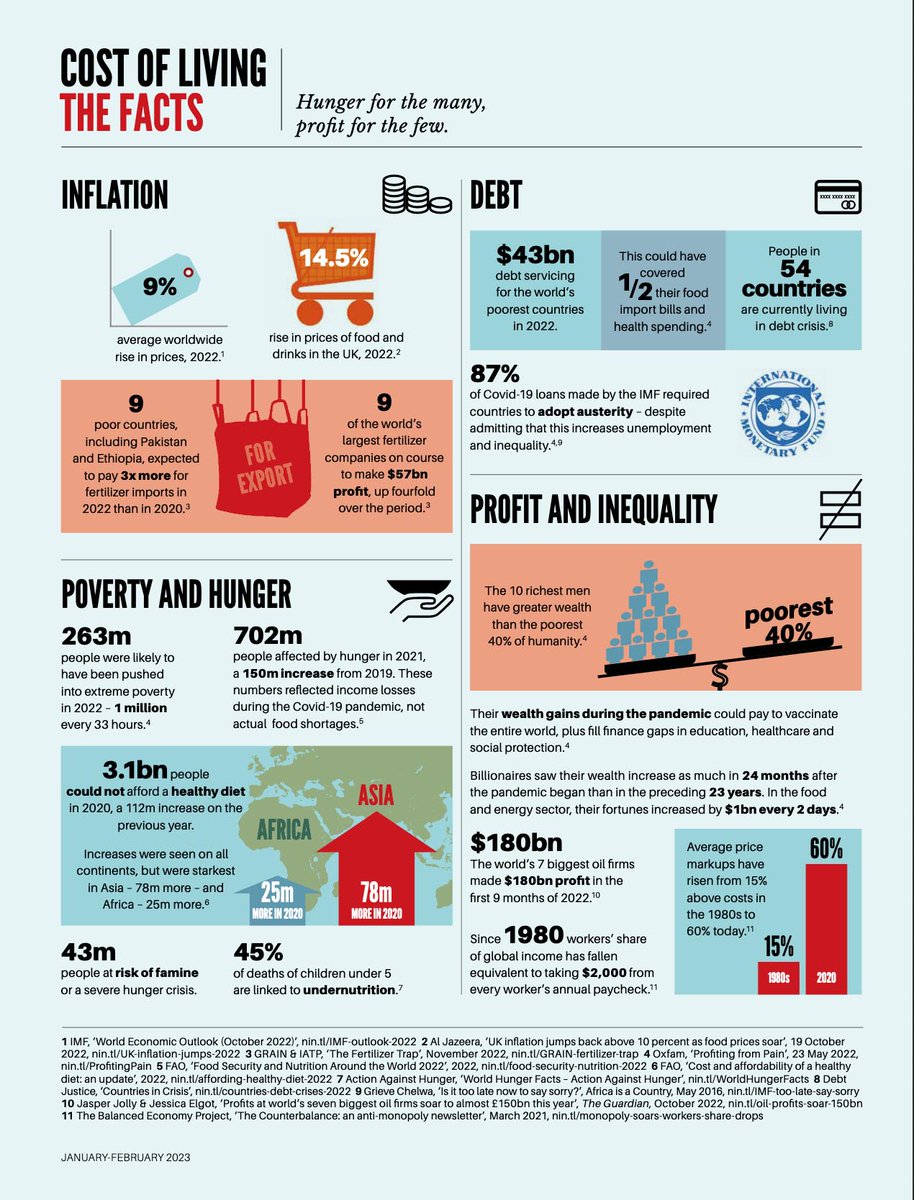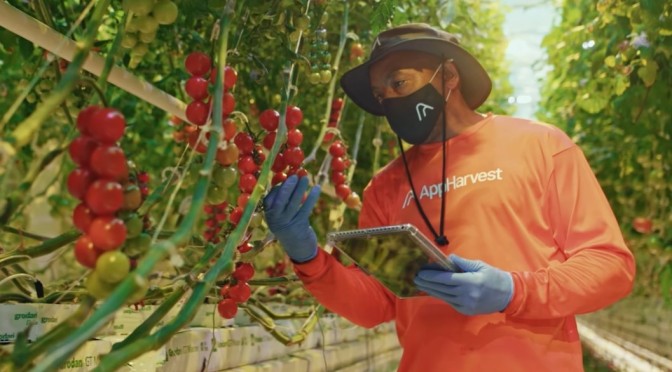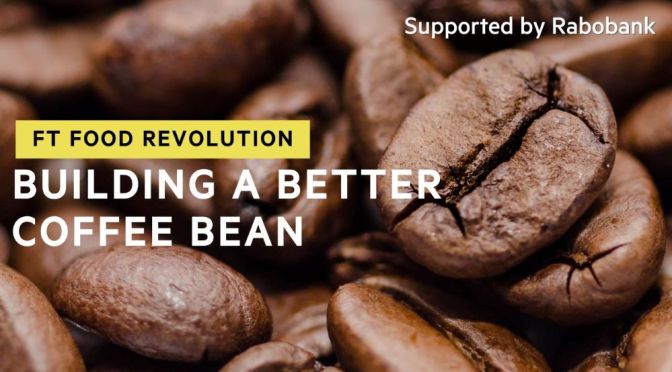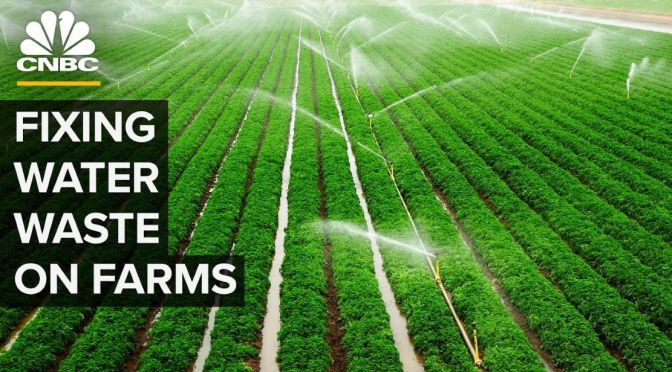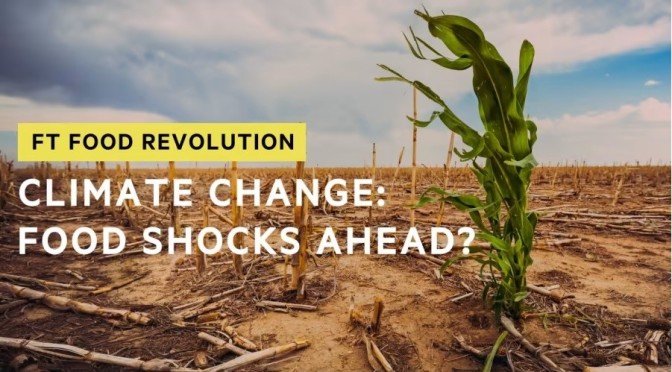Insider Business (May 7, 2023) – Nigeria grows 63 million metric tons of cassava (also known as yucca) every year, but most of the country’s supply is eaten locally as fufu or garri. Experts say Nigeria could be missing out on billions in exports of lucrative cassava products like bubble tea pearls, starch, or ethanol.
Video timeline: 0:00 Intro 1:48 History of cassava 2:58 Growing issues 5:42: How garri and fufu are made 6:54 Transportation issues 7:36 How cassava is processed 10:06 Global demand is so high for cassava
Challenges along the country’s entire supply chain have caused hundreds of millions of dollars in cassava spoilage. But one entrepreneur, Yemisi Iranloye, thinks she has the solution. She’s introduced higher-yielding seed varieties and moved processing plants closer to farms.
Now, her farmers earn four times more for their product, and her cassava starch and sorbitol have landed her clients like Nestle and Unilever. Could Yemisi’s model be the way for Nigeria to feed itself and cash in on exports?

